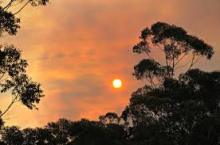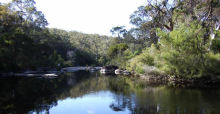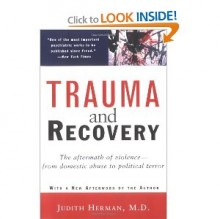 In more recent years, my work has in large part been focused around the healing of trauma. I set up the educational initiative Sharing Culture in 2014, which focused on the healing of intergenerational trauma amongst Indigenous peoples. [The website is still live, but I have not updated my blog for some time.]
In more recent years, my work has in large part been focused around the healing of trauma. I set up the educational initiative Sharing Culture in 2014, which focused on the healing of intergenerational trauma amongst Indigenous peoples. [The website is still live, but I have not updated my blog for some time.]
Late in 2018, I launched a storytelling, education and healing online resource, The Carrolup Story, with Social Anthropologist John Stanton and our webmaster Ash Whitney (he built the Recovery Stories website as well). I published the eBook Connection: Aboriginal Child Artists Captivate Europe in June 2020.
This book, along with the website, plunges us into a world where traumatised Aboriginal children of Western Australia show resilience in the face of great adversity. Their achievements challenge the very foundation of a government’s racist and dehumanising policies. Their beautiful landscape art inspires four generations of artists… and takes a 50-year journey, encircling the world before returning home.

 It’s hard to believe that it is over seven years ago since I launched
It’s hard to believe that it is over seven years ago since I launched 






